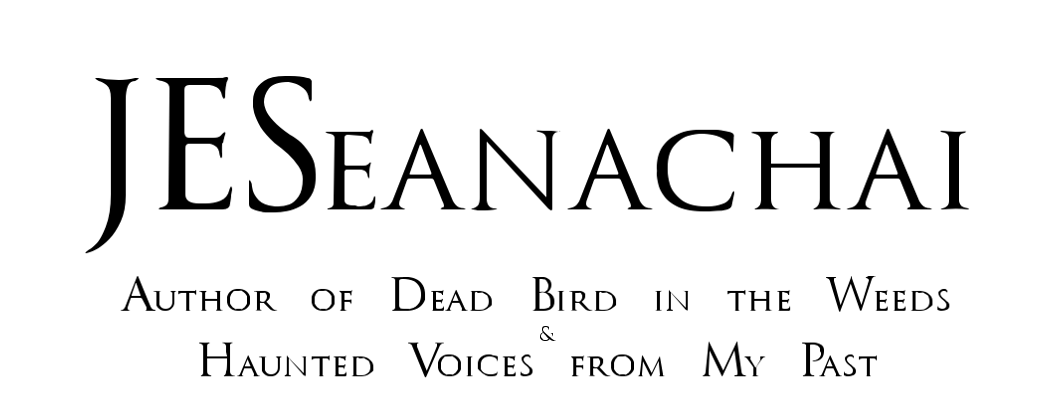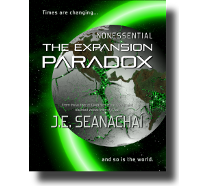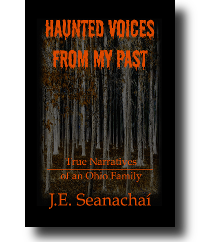Hal Is Dead
YES, IT'S TRUE. My computer took a train to Cincinnati or Happy Dale or wherever it is that computers go when they decide to part from their masters.
Although I can't begin to tell you how upset I am—Hal and I had a stimulating, four-year relationship—I do want to share a few things I learned this week while being "unplugged."
- The Internet is nothing more than a distraction. Granted, it has its pros AND cons like anything else, but I can't say I've missed it.
- The world will pass you by if you let it. Stop talking or driving or writing or playing with the computer or whatever it is that you're doing, so you can watch, LISTEN, and dream.
- Everything is not all about me. Other human beings are walking around out there. Enough said.
- Your environment will control you if you let it. Domineering people are best left under the rock where they live and insurmountable problems are best met head-on. In other words, don't let negativity get the best of you.
- Nice people really do exist. You may think it odd that I mention this, but for me this has been the most important lesson I've learned this week. After a scarring experience I had with a funeral-home employee about two weeks ago (yeah, really), I had given up on the human race and was ready to renounce my own humanity. What changed me? Two remarkable people.
- Person #1, who knows I am a starving artist, offered me the use of her computer to check my email and write my weekly blog posts until I can get my life in order. Yeah, really.
- Person #2, a new acquaintance, drove out to my house twice (I live in the middle of nowhere), carted Hal all over the countryside in his attempt to fix him and price parts (we both eventually decided that Hal wasn't worth fixing), and sympathized with me on the phone and my doorstep at least five times about the whole situation. Not only that, but after the madness was over he insisted he did NOTHING. Yeah, really.
As you can see, I've had quite the emotional roller-coaster ride these past two weeks. Yet, despite the problems and the losses, I can't help but think I'm lucky that Hal did take that train.
I've gotten back my life, my hope, and my humanity.
***
As always, I love to hear from you.
If you’re in the cyber-neighborhood, drop me a line.
In the meantime, keep writing, reading, and smiling.
It’s contagious.
In the meantime, keep writing, reading, and smiling.
It’s contagious.













